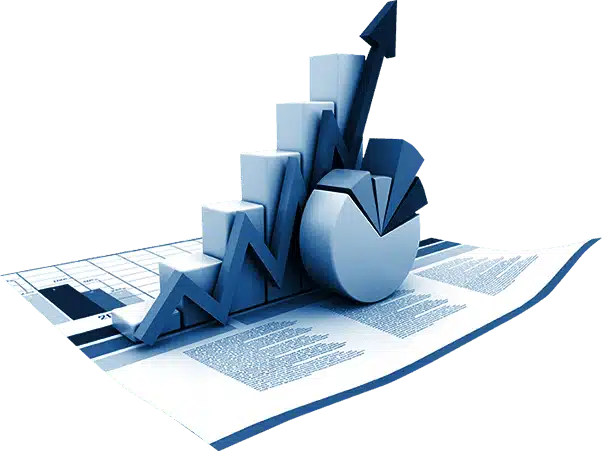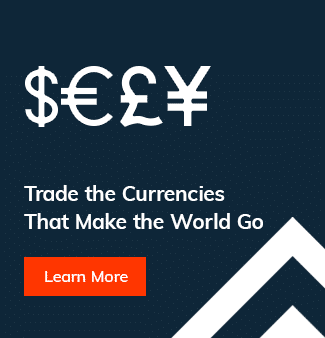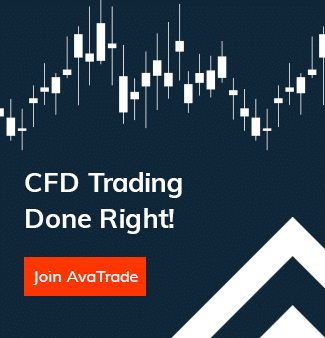Financial Derivatives

- Financial Derivatives trading
- What is a financial derivative?
- Derivatives Market
- Types of Derivatives
- Why trade financial derivatives?
- Derivatives trading with Friedberg Direct
Financial Derivatives Trading
With trading becoming more common and more accessible to everyone who has an interest in financial activities, information needs to be delivered in abundance so that you will be well equipped to enter the global markets in confidence. Financial derivatives, also known as common derivatives, have been in the markets for a long time. Nowadays, online trading makes it easier to access them.
What is a Financial Derivative?
The easiest way to explain a derivative is that it is a contractual agreement where a base value is agreed upon by means of an underlying asset, security or index. There are many underlying assets that are contracted to various financial instruments such as stocks, currencies, commodities, bonds and interest rates.
A simpler definition of a derivative is that it is any security whose value is derived from the value of a different asset. Futures and options are examples of commonly traded derivatives. However, they are not the only types, and there are many others.
Derivatives Market
The derivatives market is extremely large. In fact, it is estimated to be roughly $1.2 quadrillion in size. The reason why it is so large is that there are derivatives available for many different assets including bonds, stocks, commodities, currencies, etc. Many investors prefer to buy derivatives rather than the underlying asset.
The derivatives market is divided into two categories: OTC derivatives and exchange-based derivatives. OTC, or over-the-counter derivatives, are derivatives that are not listed on exchanges and are traded directly between parties. These types are very popular amongst Investment banks.
Exchange-based derivatives are ones that are listed on exchanges, such as The Chicago Mercantile Exchange. It is common for large institutional investors to use OTC derivatives and for smaller individual investors to use exchange-based derivatives for trades. Clients, such as commercial banks, hedge funds, and government-sponsored enterprises frequently buy OTC derivatives from investment banks.
Types of Derivatives:
There are a number of financial derivatives that are offered either OTC (Over-the-counter) or via an Exchange. Derivative values are affected by the performance of the underlying asset or, as mentioned, the contract.
The more common derivatives used in online trading are:
CFDs
CFDs (Contracts for Difference) are highly popular among derivative. They enable you to speculate on the increase or decrease in prices of global assets that include shares, currencies, indices and commodities.
Futures contract
These are common derivatives based on an agreement to buy or sell assets, such as commodities like sugar or shares paid for at a later stage but with a pre-set price. Futures are standardised to facilitate trading on the futures exchange where the details of the underlying asset is dependent on the quality and quantity of the commodity.
Options
Trading options on the derivatives markets gives traders the right to buy (CALL) or sell (PUT) an underlying asset at a specified price, on or before a certain date with no obligation, this being the main difference between options and futures trading. Essentially, options are very similar to futures contracts. However, options are more flexible. This makes them preferable for many traders and investors.
Futures vs. Options
The purpose of both futures and options is to allow investors to lock in prices in advance, before the actual trade. This enables traders to protect themselves from the risk of unfavourable price changes. However, with futures contracts, the buyers are obligated to pay the amount specified at the agreed price when the due date arrives. With options, the buyer can decide to back out of the contract.
This is a major difference between the two securities. Also, most futures markets are liquid, creating narrow bid-ask spreads, while options do not always have sufficient liquidity, especially those that will only expire well into the future.
Futures provide greater stability for trades, but they are also more rigid. Options provide less stability, but they are also less rigid. So, if you would like to have the option to back out of the trade, you should consider options. If not, then you should consider futures.
Forward contracts
Forwards contracts are set up as more of an informal agreement and traded through a broker who offers traders the opportunity to buy and sell specified assets, such as currencies. Here too a price is set and paid for on a future date.
Swaps
Another common derivative used in a contract setting is the currency swap. These allow both parties to exchange sequences of cash flows for a set amount of time. These are not exchanged or traded instruments but rather customized OTC contracts between two traders.
Why trade financial derivatives?
Originally, derivatives were used to ensure there would be a harmonious balance in exchange rates for goods and services traded on a global scale. Traders found that with differences in currencies and accounting systems it would be easier for traders to find a common derivatives market. Nowadays, the main reason for derivatives trading is for speculation and the purpose of hedging, as traders look to profit from the changing prices of the underlying assets, securities or indexes.
When traders speculate using derivatives, they can make a profit if their buy price is lower than the price of the underlying asset at the end of the contract. For example, if a person buys a futures contract for asset X, priced at $100, and if the price of asset X rises to $110 by the end of the contract, then the person made a profit of $10.
Derivatives come in several different forms, such as the kinds used for hedging or minimizing risk. For example, a trader may want to profit from a decrease in an asset’s selling price (sell position). When he inputs a derivative used as a hedge, it allows the risk associated with the price of the underlying asset to be transferred between both parties involved in the contract being traded. However, even though derivatives are used for speculation, they are also used for risk management. Many parties use derivatives to make sure that they do not suffer from unfavourable price movements shortly.
For example, a cereal manufacturer may buy wheat futures at a certain price to make sure that the company will be able to afford to purchase the wheat a few months down the line. This protects the cereal manufacturer from being caught in a position where he/she cannot afford to buy the wheat needed if the price of wheat rises too much in one month’s time.
Derivatives trading with Friedberg Direct
Join Friedberg Direct today and benefit from the wide variety of financial derivatives that are on offer through our platform. Offering over 100 instruments that range from forex, CFDs for stocks, commodities and indices, as well as currency options trading on a superior platform. Put into practice what you have learnt about financial derivatives without having to risk your own capital when you try our free 21-day demo account.
Traders can also enjoy maximum security as all clients’ funds are held in segregated accounts with Tier-1 bank accounts that cannot be accessed by the broker for his running expenses. In addition to that, the trading platform safety is also a high priority at Friedberg Direct. All transactions are SSL encrypted for traders’ peace of mind.
Join Friedberg Direct today and get the best trading experience and the technical support you need.







